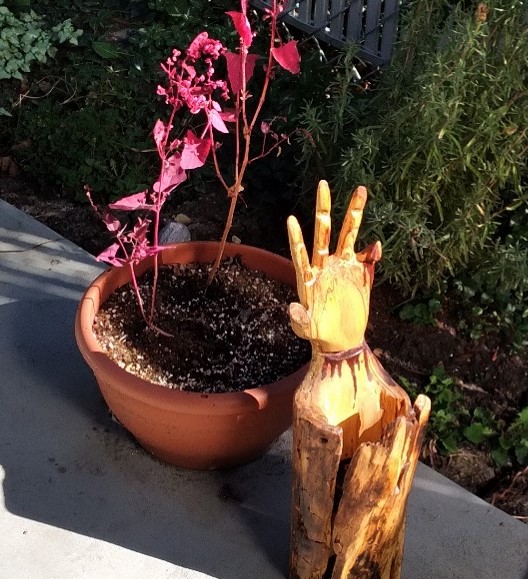On Translating the Fairy Tale: The Wording and Wonder of Translating Fernán Caballero’s Bella-Flor
DOI:
https://doi.org/10.21992/tc29576Abstract
Following in the footsteps of the Grim Brothers, a woman named Cecilia Francisca Josefa Böhl de Faber y Ruiz de Larrea set out to collect Andalusian folk tales under the pen name Fernán Caballero. Caballero was one of the first people to record folk tales—specifically those deriving from Spain—in writing, thus helping to shape the subsequent fairy tale genre that is ever-pervasive in modern-day society. However, while many translations have been derived from the collections of the Grimm Brothers and other male collectors, Caballero´s have received less attention from English translators. One notable exception to this rule can be found in the works of John H. Ingram, who translated one of Caballero’s folk tale anthologies that included the story Bella-Flor, a Spanish folk tale about the importance of (and ultimate triumph resulting from) being good. This paper analyzes the merit of Ingram’s translation through assessing both linguistic choices and cultural edits. Analyzing this specific translation seeks to contribute to the aim of discussing the wider issues of translating stories the fairy tale genre—specifically those less notorious in modern-day Western culture—as well as the linguistic and literary choices that must be made when translating works across time and space.
Downloads
Downloads
Published
Issue
Section
License
Authors who publish with this journal agree to the following terms: a.Authors retain copyright and grant the journal right of first publication with the work simultaneously licensed under a Creative Commons Attribution License that allows others to share the work with an acknowledgement of the work's authorship and initial publication in this journal. b.Authors are able to enter into separate, additional contractual arrangements for the non-exclusive distribution of the journal's published version of the work (e.g., post it to an institutional repository or publish it in a book), with an acknowledgement of its initial publication in this journal. c.Authors are permitted and encouraged to post their work online (e.g., in institutional repositories or on their website) prior to and during the submission process, as it can lead to productive exchanges, as well as earlier and greater citation of published work (See The Effect of Open Access).



